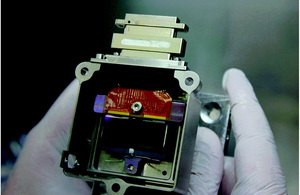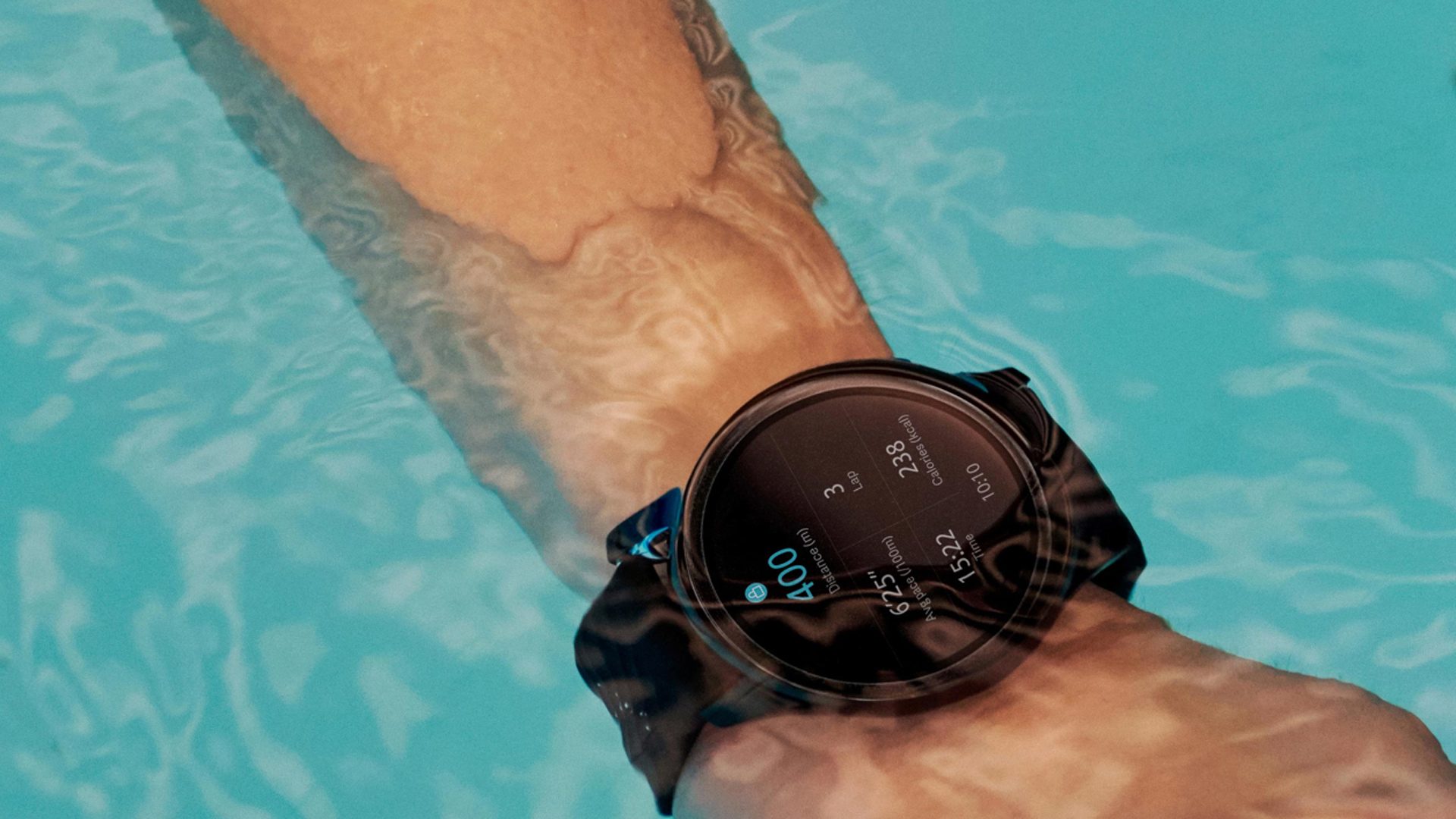
The UK Space Agency (UKSA) has announced the allocation of £7 million under the Space Science and Exploration Bilateral Programme.
The seven projects involve the universities of Aberdeen, Cambridge, Leicester (twice), Royal Holloway, Sussex and The Open University.
For example, Royal Holloway will help develop software for the Indian Space Agency (ISRO) Chandrayaan-2 orbiter. This will be to detect ice under the surface of the lunar south pole. And Shukrayaan will the map surface of Venus.
Another project will see the University of Leicester lead on a Raman spectroscopy instrument for iSpace’s commercial rover and lander missions, again investigating water ice on the Moon. The aim is to help understand whether this is a resource that could be used for longer term lunar exploration.
“From exploring water on Mars and the possibility of sustained human activity on the red planet, to how galaxies evolved over time, our more than £7 million investment is pushing the boundaries of space discovery and putting the UK at the heart of some of the most important global space missions,” said Andrew Griffith MP, Minister for Space at the UK’s Department for Science, Innovation and Technology.
“With top UK universities from Sussex to Aberdeen leading these groundbreaking endeavours, our country is at the heart of exploring beyond our planet, working with partners in Japan, India, North America and around the world, and growing our economies.”
Projects
The projects, and their funding, are described by the UKSA below:
Chandrayaan-2 and Shukrayaan (Royal Holloway and ISRO, India) – £306,000
Processing of multi-band radar and developing analysis software for missions to detect lunar south pole sub-surface ice and map surface of Venus.
Star-X (University of Leicester and NASA, USA) – £650,000
High-level science data products, accessible via a web portal, and a UK data archive, for the study of Universe formation using the time-domain method and “multi-messenger” astrophysics.
FIR missions (University of Sussex and NASA, USA) – £1.1 million
Provision of superconducting detectors, detector systems, optics, filters and data pipelines for a potential probe mission to investigate formation of planetary systems and the evolution of galaxies.
HABIT (University of Aberdeen and JAXA, Japan) – £320,000
Provision of instrument monitoring air and ground temperature, wind, humidity and hydration state of salts, for a Mars rover/lander studying water cycle, chemistry, and habitability
I-MIM (The Open University and CSA, Canada) – £2 million
High performance detectors for the Mars multispectral and stereo imager for the International Mars Ice Mapper mission to map accessible water ice deposits on the Martian surface.
Lunar Spectroscopy (University of Leicester and iSpace, Japan) – £1.5 million
Lead development of the raman analytical spectroscopy instrument, based on the raman laser spectrometer, for commercial small lunar landers and rovers that will explore the lunar surface for space resource utilisation.
CosmoCube (University of Cambridge and NASA, USA) – £1.5 million
Lead for project, payload and science, mission and space platform for a cube-sat that will deploy a precision radiometer to measure spectral distortions in the Universe’s cosmic microwave background.
Moon, Mars, Venus
The UKSA announcement coincides with the Global Space and Technology Convention (GSTC) taking place in Singapore, where the UK had a delegation present.
“These projects present an opportunity for UK science to make crucial contributions to ground-breaking global missions that will deepen our understanding of the Moon and our neighbouring planets,” said Dr Paul Bate, CEO of the UK Space Agency.
“The Global Space and Technology Convention in Singapore is the ideal setting to share this news and showcase the benefits of expanding our work with global partners,” he added.
Image: INTA/UVA – UK-built camera used in ExoMars Raman Laser Spectrometer
See also: UKSA funds Westcott’s In-Orbit Servicing and Manufacturing facility






